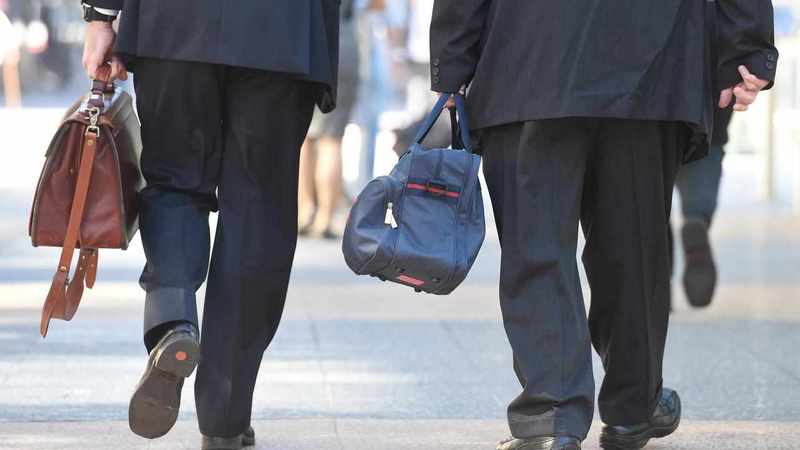There are fewer racially diverse people in Australian boardrooms than there were seven years ago, despite efforts to make the corporate sector more multicultural.
The 2024 Board Diversity Index, which analyses Australia's top 300 ASX listed areas, found the nation has made significant strides in some areas.
Since 2015, the number of board positions held by women has surged by 89 per cent.
And in smaller companies, female representation rose slightly from 31 per cent in 2022 to 32 per cent the following year.
But on other measures, diversity has stalled or isn't reported.
"They're still mostly 'stale, pale and male'," the report read.
There has been no change to the number of First Nations directors.
And the number of directors with an Anglo-Celtic background has grown to 91 per cent, up from 90.5 per cent in 2017.
Australians with a disability represent about one-fifth of the population, but there appears to be no people from this cohort on ASX300 boards.
The information, gathered by Watermark Search International and the Governance Institute of Australia, could be a worrying omen of Australia's future.
"The recruitment of directors has become trapped in a cycle of repetition and reliance on the same outdated processes and skills matrices no longer suited to contemporary demands,” Governance Institute chair Pauline Vamos said.
“It is imperative that we break free from this inertia."
This lack of diversity could be linked to the growing number of boardroom chairs who serve longer tenures and block opportunities for new talent.
Though most stay in the role for four to nine years, the number who remain in their position for more than two decades has grown to 7.8 per cent, up from 4.1 per cent in 2019.
"Boards need to become better at envisioning what the organisation might look like in five, 10 years’ time and start planning now for the type of board ‘personality’ required to get there," Ms Vamos said.
Similar issues plague the international affairs sector.
According to researcher Elise Stephenson, a rise in right-wing misogyny and anti-women's rights backlash alongside the glacial pace of archaic institutions have contributed to a lack of diversity.
Dr Stephenson and former foreign affairs minister Julie Bishop will on Thursday examine why women and gender diverse people remain under-represented in this field at an Australian National University discussion.









